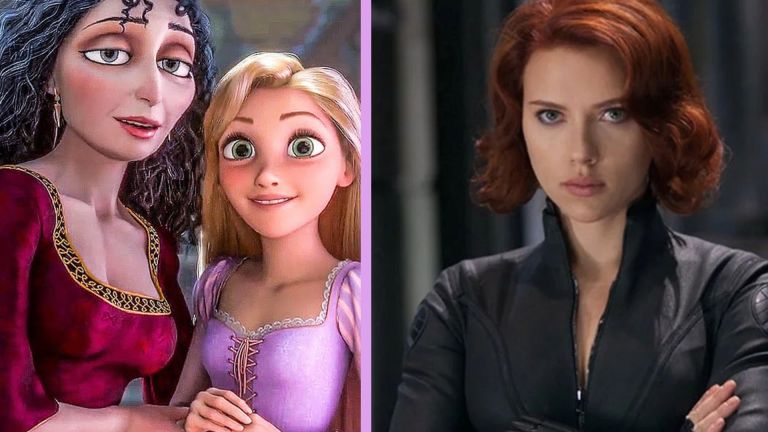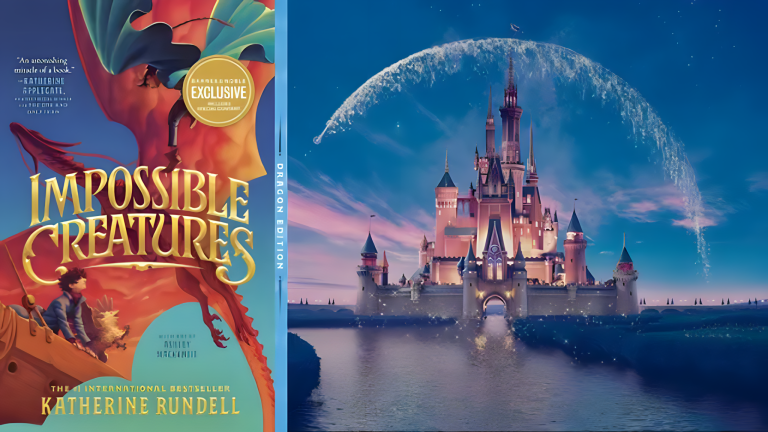
7 Movies Predicted To Fail That Became Massive Hits
By Jenna May
It’s amazing how some of the most legendary films began with so much doubt and uncertainty. Against all odds, these underdogs pushed through the criticism and ended up creating timeless masterpieces that are now cherished by audiences everywhere.
The Lion King
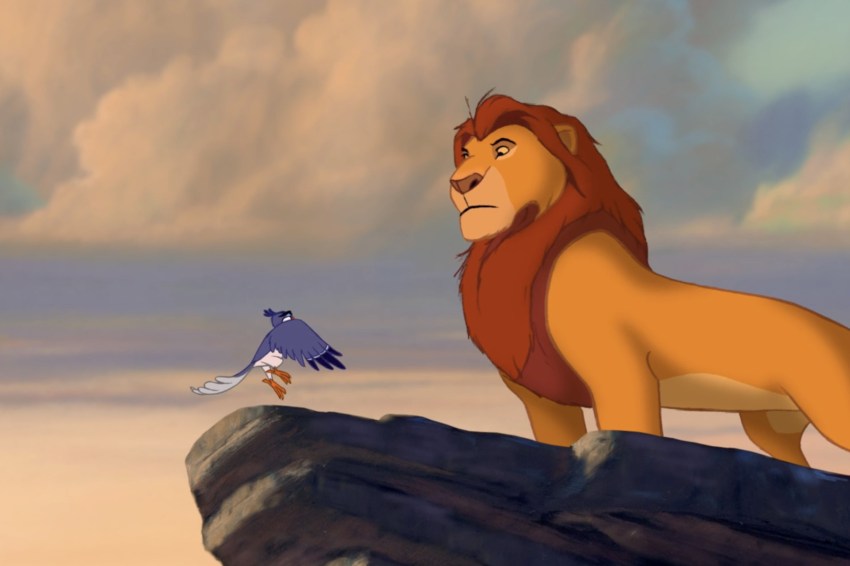
When The Lion King was in production, it was actually considered an underdog within Disney. Many animators and executives believed Pocahontas, which was being made at the same time, would be the bigger hit due to its historical significance and Oscar potential. Unlike previous Disney films, The Lion King was the studio’s first original story, not based on a well-known fairy tale or legend, making its success feel uncertain. Many of Disney’s top animators even chose to work on Pocahontas, leaving The Lion King with a less experienced team. The production also faced challenges, including major story changes and uncertainty about its tone. At the time, talking animal films weren’t always guaranteed to perform well, and there were doubts about the movie’s appeal. However, when The Lion King was released in 1994, it defied expectations, becoming a massive box office success and one of Disney’s most beloved films. What was once seen as a risky project turned into a cultural phenomenon, proving that even underdogs can become kings.
The First Star Wars
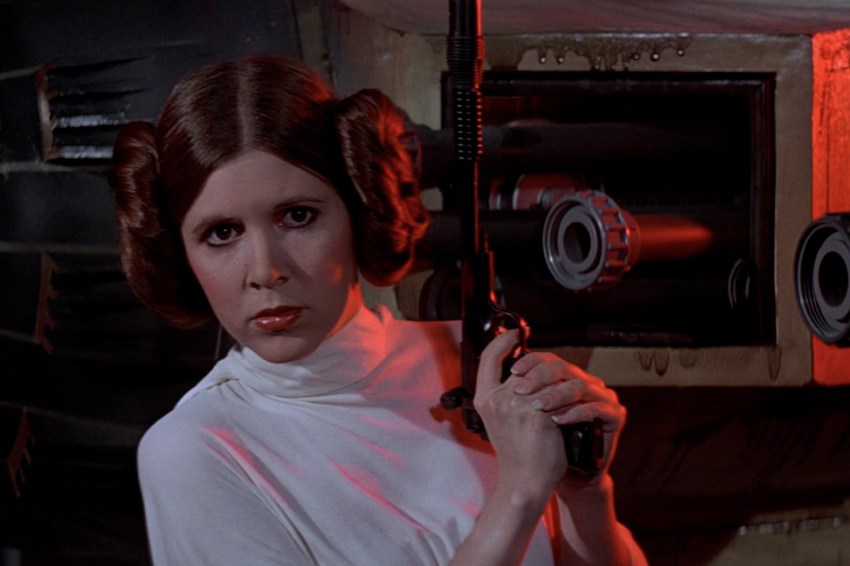
When George Lucas was making Star Wars, almost no one believed in it. Studios weren’t interested in sci-fi films, and even 20th Century Fox, which reluctantly greenlit it, had low expectations. The production was a disaster—tight budgets, malfunctioning props (like R2-D2 constantly breaking down), and a cast and crew who didn’t take it seriously. Even Lucas’ close friends, after seeing an early cut, thought it was going to flop. But when Star Wars hit theaters, it became a cultural phenomenon, breaking box office records and launching one of the biggest franchises in history. In its limited release May 25, 1977, Star Wars: Episode IV – A New Hope became the highest-grossing film of all time, breaking box office records.
Pirates of the Caribbean: The Curse of the Black Pearl
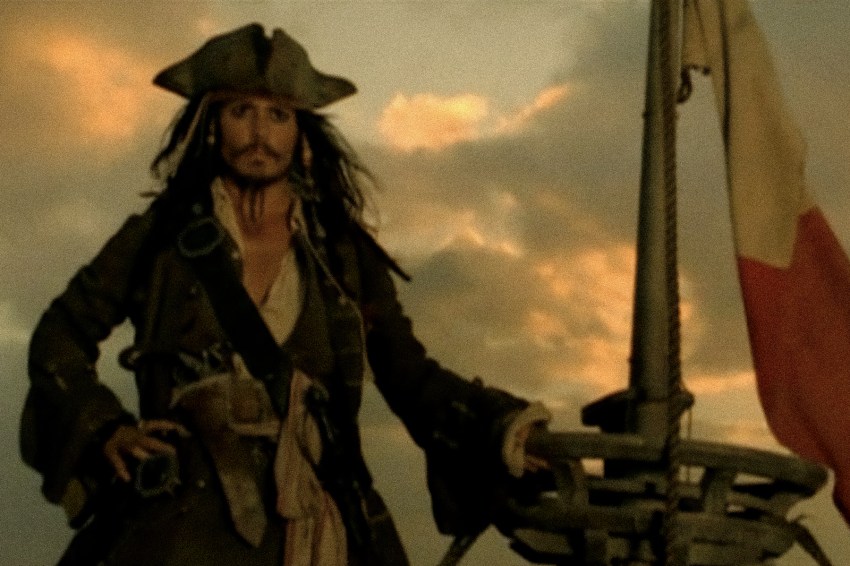
When Pirates of the Caribbean: The Curse of the Black Pearl was first announced, almost no one expected it to succeed. At the time, pirate movies were considered box office poison—films like Cutthroat Island (1995) had bombed so badly that studios avoided the genre entirely. To make things riskier, Pirates of the Caribbean was based on a Disneyland ride, which many saw as a flimsy foundation for a blockbuster. Disney executives were nervous, unsure if audiences would take it seriously or if it would just feel like a cheesy theme park extension.
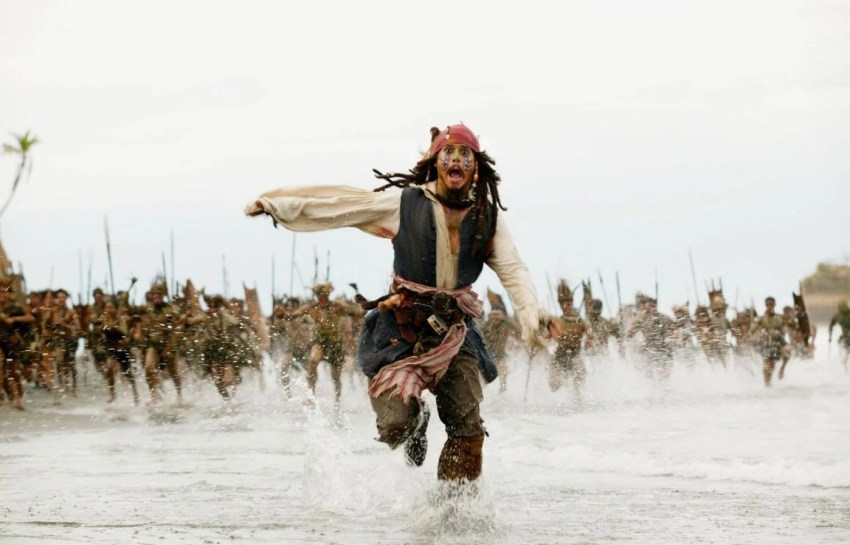
But biggest concern was Johnny Depp’s portrayal of Captain Jack Sparrow. Instead of playing him as a traditional swashbuckling hero, Depp took inspiration from rock stars—especially Keith Richards of The Rolling Stones—turning Jack into a quirky, unpredictable, and slightly drunk pirate. Disney executives were horrified. Some even suggested firing Depp, fearing that his performance would ruin the movie. But Depp stood his ground, insisting that Jack Sparrow needed to be different, and his gamble paid off in a massive way.
When The Curse of the Black Pearl hit theaters in 2003, it was a phenomenal success. It grossed over $654 million worldwide, proving that pirate films weren’t dead after all. Johnny Depp’s performance stole the show, earning him an Academy Award nomination—almost unheard of for a comedic action role. Audiences loved Jack Sparrow, and he quickly became one of the most iconic movie characters of all time. His witty one-liners, eccentric mannerisms, and unpredictable nature made him unforgettable, turning him into the heart of the franchise. What started as a risky, uncertain movie transformed into one of Disney’s biggest franchises, and Jack Sparrow remains one of the most beloved and recognizable characters in cinematic history.
Elf
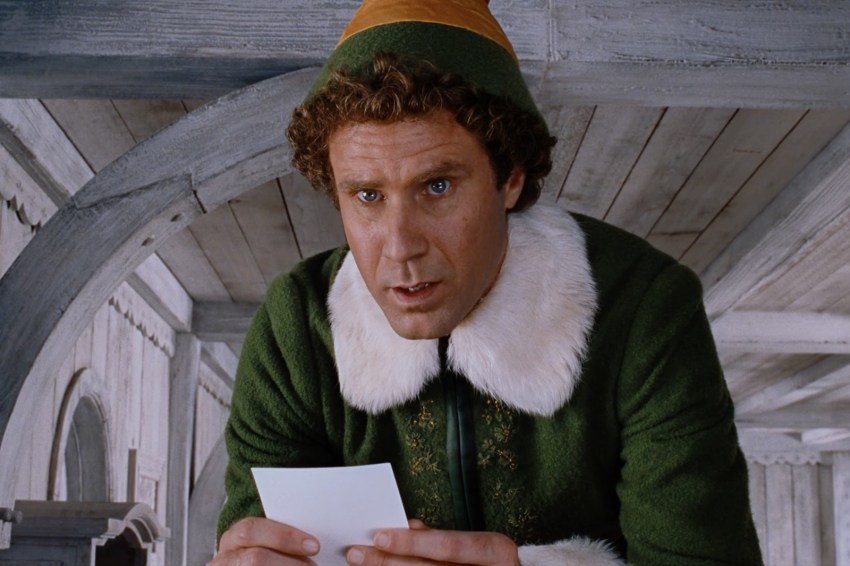
When Elf was in production, expectations were low. The script had been floating around since the 1990s, but multiple studios passed on it, unsure if a Christmas comedy about a grown man in an elf costume would work. At one point, Jim Carrey was attached to star, but by the time the film was finally greenlit, he had moved on. With a modest budget of $33 million, Elf wasn’t considered a major studio priority, and there were doubts about Will Ferrell’s ability to carry a film on his own, as he was still best known for Saturday Night Live. However, when Elf was released, it became a massive hit, earning over $225 million worldwide. Ferrell’s heartfelt and hilarious performance as Buddy the Elf, combined with the film’s warmth and humor, turned it into an instant holiday classic. Now, Elf is one of the most beloved Christmas movies of all time, rewatched every year and quoted endlessly by fans.
Back to the Future
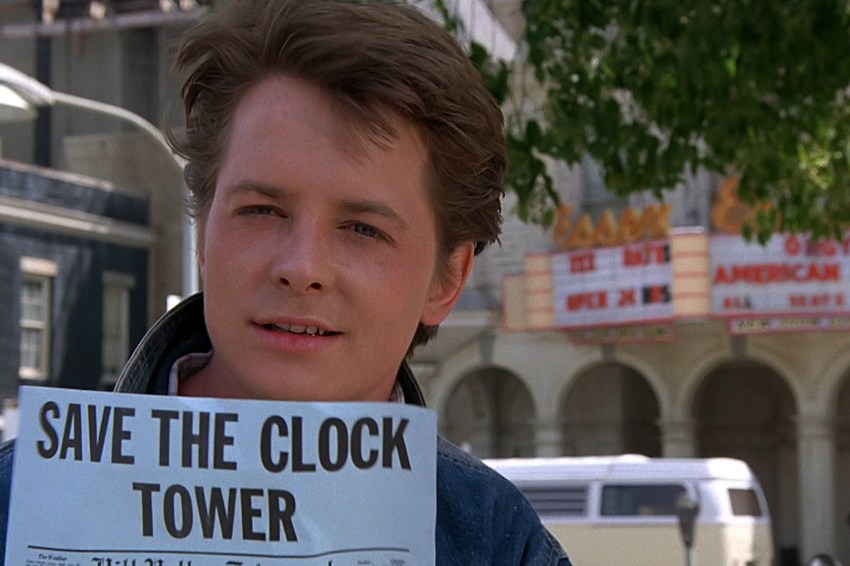
Back to the Future almost never happened. The script was rejected over 40 times by studios that doubted audiences would connect with a time-traveling teenager and his eccentric scientist friend. Production troubles continued when the original lead, Eric Stoltz, was replaced mid-filming by Michael J. Fox due to the director not seeing Stoltz as the right fit for Marty. Despite these setbacks, Back to the Future became the highest-grossing film of 1985, earning over $380 million worldwide. Its clever storytelling, unforgettable characters, and thrilling adventure cemented its place as one of the greatest sci-fi films ever made, leading to two sequels and a lasting cultural impact.
Titanic
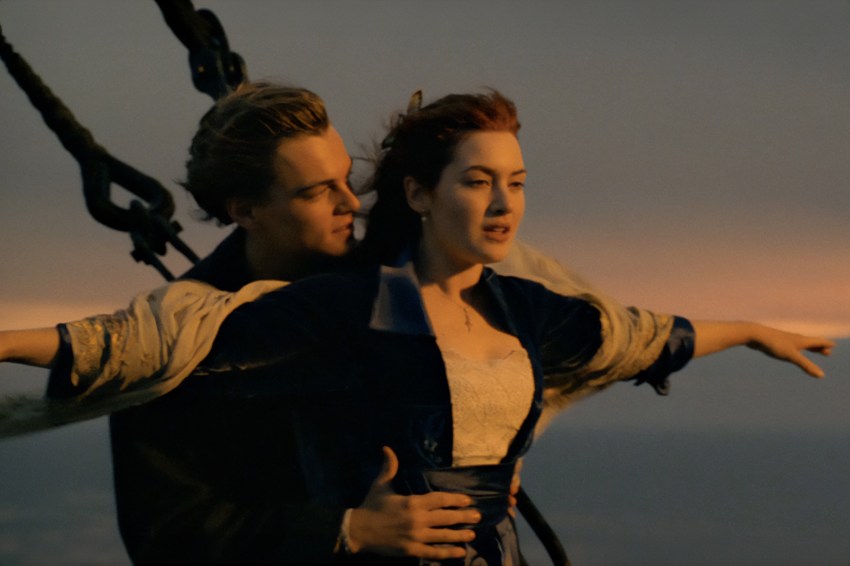
Perhaps the most surprising turnaround was Titanic, which was widely predicted to be a box office disaster. The film’s budget spiraled to $200 million, making it the most expensive film ever made at the time. Production was plagued with difficulties, and many doubted that audiences would sit through a three-hour romance set on a sinking ship. Critics expected it to be James Cameron’s downfall, but instead, Titanic shattered expectations, grossing over $2.2 billion worldwide and winning 11 Academy Awards, including Best Picture. The love story between Jack and Rose, combined with breathtaking visuals and historical depth, captivated audiences around the world, making Titanic one of the most iconic and successful films in cinematic history.
John Wick
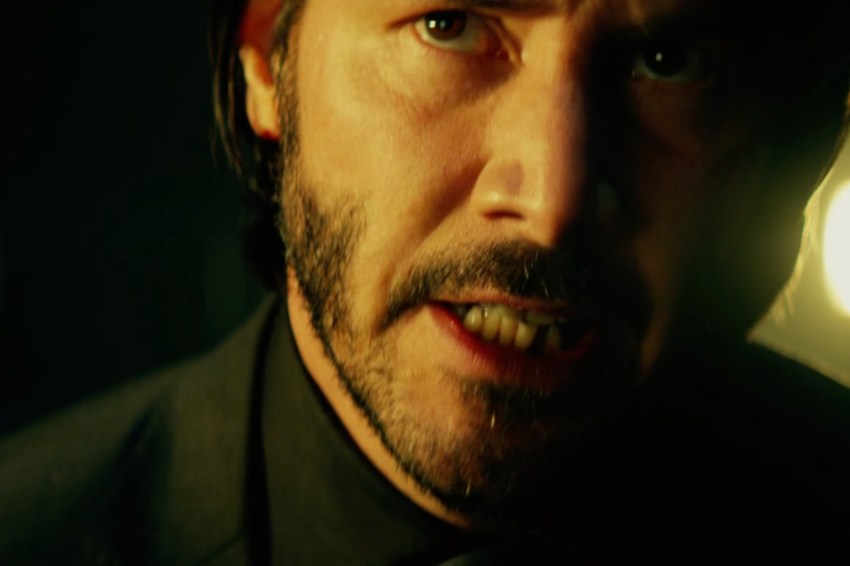
When John Wick was first announced, it wasn’t expected to be a hit at all. Keanu Reeves, coming off a string of box office disappointments, was thought to have passed his prime as an action star. The film had a modest budget of $20–30 million, and the concept—a retired hitman seeking revenge for his dead dog—seemed almost too simple to be compelling. Additionally, it was directed by two first-time directors, Chad Stahelski and David Leitch, who were stunt coordinators but had never directed a feature film. Many assumed it would be just another forgettable action movie. However, when John Wick hit theaters, it blew audiences away with its intense, beautifully choreographed action sequences and Keanu’s badass yet emotional performance. The film far exceeded expectations, grossing $86 million worldwide on its modest budget and reviving Keanu Reeves’ career as one of Hollywood’s top action stars. The success of John Wick led to an incredibly successful franchise, with each sequel earning bigger box office numbers. Now, it’s one of the most influential action franchises of the 21st century, with a dedicated fanbase and spin-offs.
